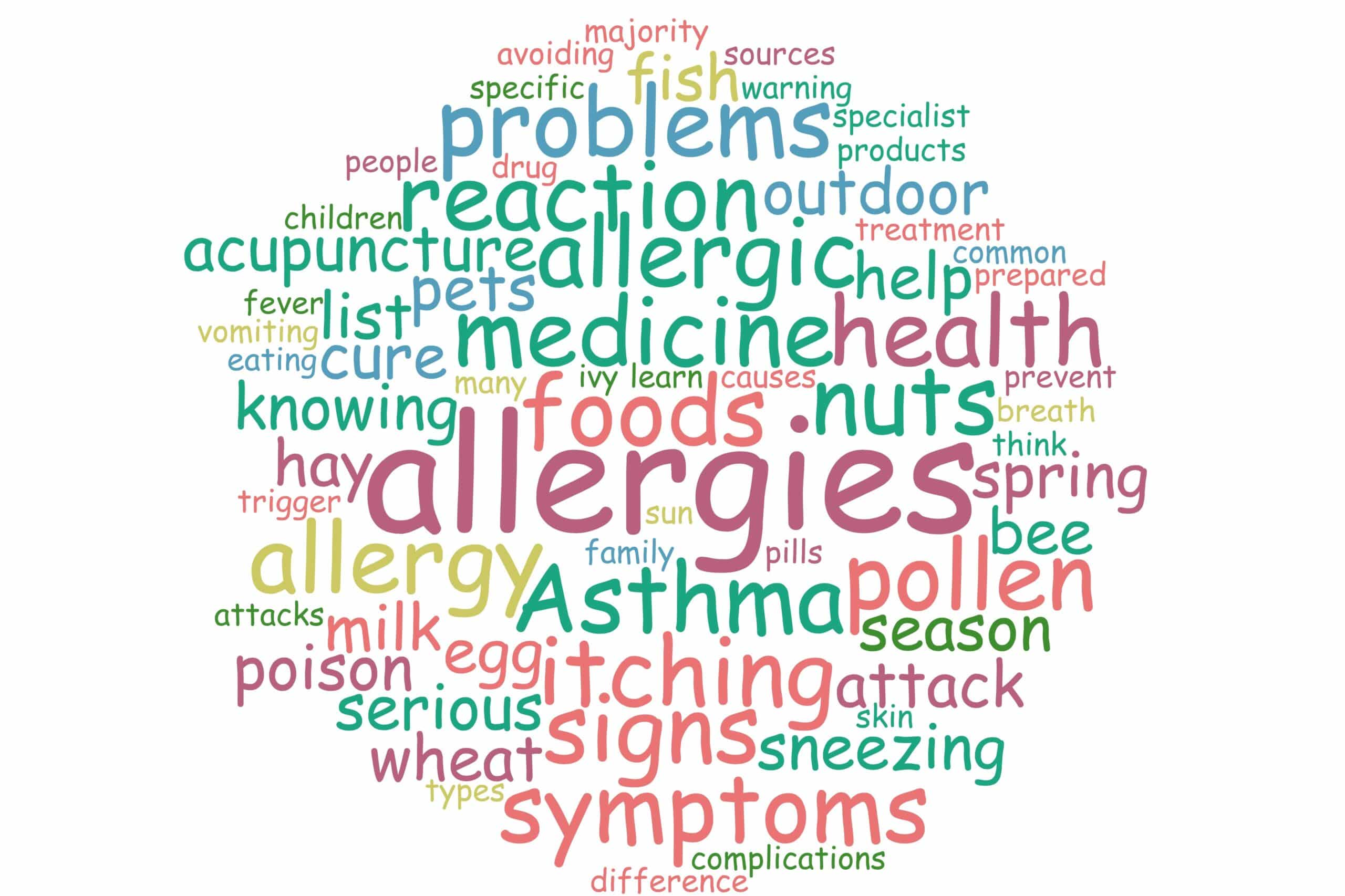When asked a simple “yes” or “no” question about food allergy-related bullying, 17% of kids said they’d been bullied, teased or harassed about their food allergy. But when asked to reply to a multi-item list of victimization behaviors, that number jumped to 31%. Furthermore, Children’s National Hospital researchers found that only 12% of parents reported being aware of it.
The reported bullying ranged from verbal teasing or criticism to more overt acts such as an allergen being waved in their face or intentionally put in their food. Researchers say identifying accurate assessment methods for this problem are critical so children can get the help they need.
“Food allergy-related bullying can have a negative impact on a child’s quality of life. By using a more comprehensive assessment, we found that children with food allergies were bullied more than originally reported and parents may be in the dark about it,” says Linda Herbert, Ph.D., director of the Psychosocial Clinical and Research Program in the Division of Allergy and Immunology at Children’s National and one of the study’s researcher.
“The results of this study demonstrate a need for greater food allergy education and awareness of food allergy-related bullying among communities and schools where food allergy-related bullying is most likely to occur,” Herbert adds.
The study looked at food allergy-related bullying among a diverse patient population and evaluated parent-child disagreement and bullying assessment methods. It included 121 children and 121 primary caregivers who completed questionnaires. The children ranged in age from 9 to 15-years-old and were diagnosed by an allergist with at least one of the top eight IgE-mediated food allergies — peanut, tree nut, cow’s milk, egg, wheat, soy, shellfish and fish.
Of the 41 youth who reported food allergy-related bullying:
- 51% reported experiencing overt physical acts such as an allergen being waved in their face, thrown at them or intentionally put in their food.
- 66% reported bullying experiences that are categorized as non-physical overt victimization acts including verbal teasing, remarks or criticisms about their allergy and verbal threats or intimidation.
- Eight reported relational bullying, such as rumors being spread, people speaking behind their back and being intentionally ignored or excluded due to their food allergy.
The researchers also note that food allergy bullying perpetrators included, but were not limited to, classmates and other students, and bullying most commonly occurred at school.
The authors found that only 12% of parents reported that their child had been bullied because of their food allergy and of those, 93% said their child had reported the bullying to them. Some parents reported they had been made fun of or teased themselves because of concerns about their child’s food allergy.
“It’s important to find ways for children to open up about food allergy-related bullying,” Herbert says. “Asking additional specific questions about peer experiences during clinic appointments will hopefully get children and caregivers the help and support they need.”




